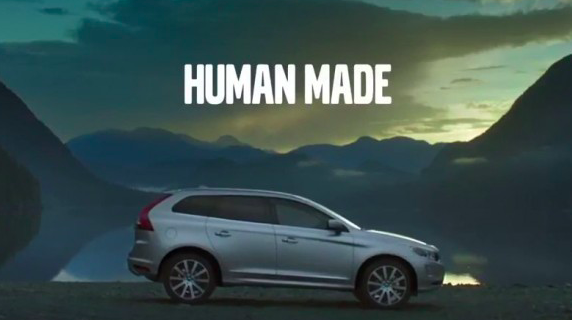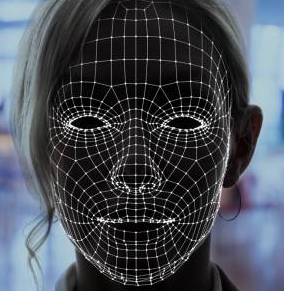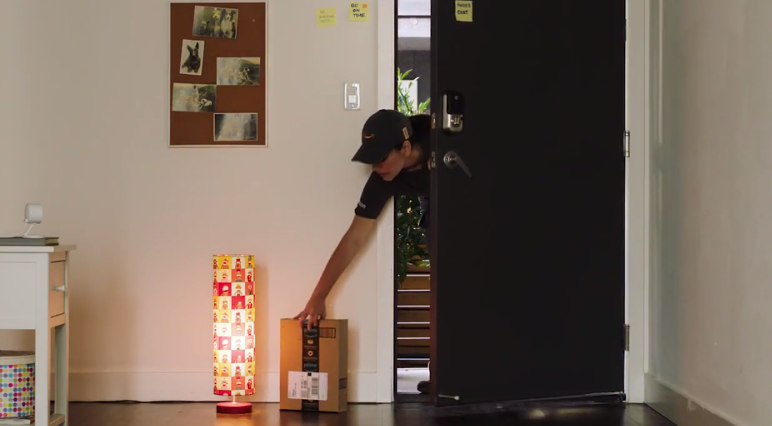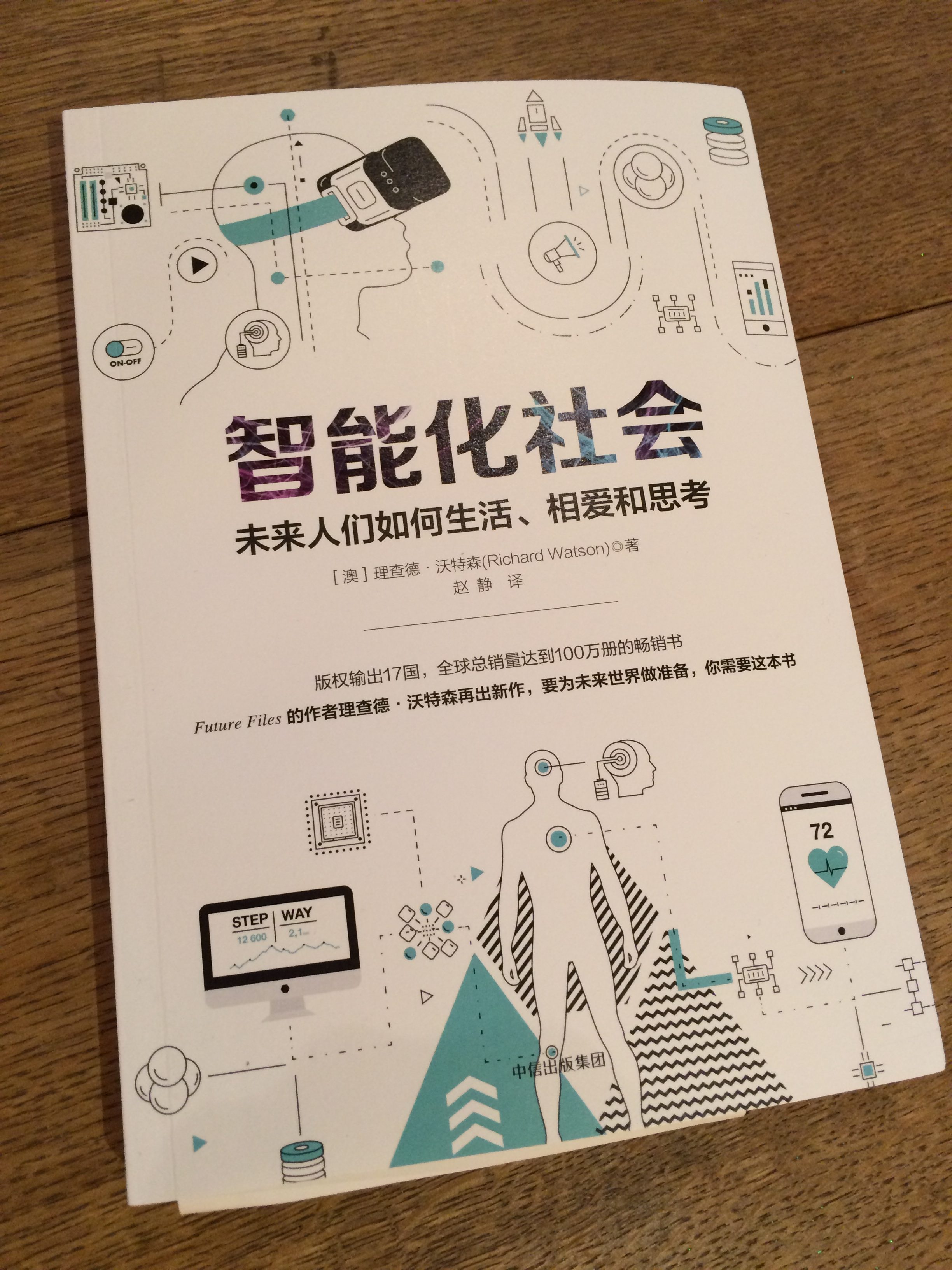We’ve got children being slaughtered in Syria and some people are worred about creating the perfect cheeseboard to photograph for instagram? (note that’s not worrying about creating the perfect cheeseboard, that’s worrying about how to get it looking good on instagram, although also note the cheeseboard gets more search results than Syria).
Category Archives: Digital culture
Smart phone addiction
Like this alot (although stat about the goldfish isn’t true). Funny how it’s taken people so long to wake up to this. I first wrote about the problem nine years ago in Future Minds. Also, interesting it’s artists that and people like the street photographer Babycakes Romero that started to talk about it well before anyone else with the possible exception of people such as Sherry Turkle at MIT. Where was the Third Estate? Complicit most probably. How long before we see a class action againt Apple, Facebook or Twitter for stealing our attention or causing mental stress?
Weak signals (an interesting sign)
So Volvo are now using the tag line “Human Made”. Meanwhile, there’s a new book out called How to be Human (I was going to use that at one point) and I’ve just seen a t-shirt with the slogan “Remain Human.” (I want one of these). What’s going on here?
I don’t think this has anything to do with the Big Tech Backlash I first speculated about around two years ago. This has to do with the ethical and financial behaviour of certain companies in Silicon Valley along with worries about invasions of privacy and the addictive nature (deliberately designed) of social media and smart phones.
No, this is something else. I’m not sure what yet, but my gut feeling is that it has something to do with the stream of scare articles about AI and robotics and the imbalance between analog and digital.
It’s a human feeling, so it’s hard to put your finger on it.
In the future you will pay with your face
In the distant future I think there’s a real possibility that keys will cease to exist. Instead we will open doors with our faces. Similarly, we won’t have cash or credit cards or even Apple Pay. What we will have is Apple Face Pay or some similar (Facebook Face?). We will pay for things by having machines scan our faces, which are probably a bit more secure than a signature, passwords we can’t remember or, in the case of physical locks, sets of keys (we currently carry an average of 9 metal keys, but have no idea what 3 do!),
In China, companies such as Face ++ (currently valued at around $1 billion), Alibaba and Baidu have developed such facial recognition technology already. Of course China is not the UK or US. In China surveillance is omnipresent and its people don’t seem to care about this too much. Minority Report and Face Off here we come….
In-home delivery
I was eating (or attempting to) in a restaurant in London recently and the food took ages to arrive. Why? Because the kitchen kept cooking things for Uber Eat delivery drivers to collect, which seemed to take priority over the food for people actually sitting in the restaurant. I won’t be going back there again. But it seems I’m not alone.
Putting aside the fact I always seem to be in traffic stuck behind a van delivering supermarket items for people that can’t be bothered to visit a supermarket there’s a good example from New York that I heard about yesterday. Guy walks into a dry cleaners….but it’s not a joke. He want to pick up a suit, but there’s a queue of six people in front of him collecting parcels from Amazon or some such. This is because the dry cleaning shop has become an online delivery hub. His view was wait a minute, surely I have priority here. I’m using the dry cleaning for dry cleaning. Is he right or wrong?
So how to solve this. One idea being developed by Amazon is in-home delivery even when you are out. If you fit a digital lock to your front door you can digitally authorise companies or delivery people to open the door and drop things off. Or for that matter allow cleaners, baby sitters, dog walkers etc to get in when you are out.
I can see this working for people in rented apartments with nothing worth stealing, but otherwise I’m not convinced. Depends how much you trust the likes of Amazon, Uber etc I guess, which in my case is not a lot. Actually, I can see this being widely adopted by younger generations. Also, on the plus side, if all your stuff is stolen I guess you can let the insurance claims guy in when you’re not at home too.
BTW, in case you think that same day delivery is a fixed feature of the future it might not be. I’ve been told on good authority that in the UK a delivery costs £20, so on orders of £25 or £30 this may not be sustainable…unless, of course, we give the job to robots.
Could we walk away from the internet or give up our devices?
I’ve thought about putting this thought into the ether before, but I’m all too aware of confirmation bias and the fact that what I’m about to say might be the future I want rather than the future that is unfolding. I’m also far too aware of the words of the writer Douglas Adams, who said that: “anything that gets invented after you’re thirty is against the natural order of things and the beginning of the end of civilisation as we know it until it’s been around for about ten years when it gradually turns out to be alright really.”
So, I’m being cautious. Nevertheless, I’m becoming aware of a rising tide of discontent regarding Big Tech, social media and smartphone use. A number of people I’ve met recently are also starting to articulate a future with no internet in it or at the very least a future where we have a significantly altered and re-balanced relationship with the internet and our devices.
Exhibit 1. A London lawyer in his twenties that I met last week could foresee a time when people become so disillusioned with the internet, smart phones and social media that they drift away from it. Key issues for him were data security, individual privacy and a lack of censorship with regard to unacceptable material (e.g. easy access of pornography by young kids with smartphones at school).
Exhibit 2. I forecast a Big Tech Backlash two years ago and it appears on my map of megatrends published back in May. I was in Silicon Valley a few weeks ago and while I’m used to reading articles about Facebook being the anti-Christ there was a fairly hostile opinion piece about Google in the US edition of Wired magazine of all places. There was also an article about throwing technology out of younger years education in the San Francisco Chronicle.
Exhibit 3: I’m starting to see words like ‘addition’ being used on an almost daily basis in relation to digital technology.
Exhibit 4: The attitudes and behaviour of Uber recently/generally.
Exhibit 5: The fact that owning the latest smart phone isn’t cool in parts of Silicon Valley. (see also the popularity of ‘dumb phones’).
Exhibit: 6: UK schools starting to end their ‘do as you want/anything goes’ policy regarding the use of technology on school premises. One school I know personally has gone as far as banning pupils from using mobiles during the day. iPad hysteria in educational circles also seems to have died down.
Exhibit 7: Remember e-cards? Exactly. They were the future a decade ago, but it eventually dawned on us that digital can be sterile and characterless while analogue can be sensory. People are sending me handwritten cards again. Also witness the re-birth of vinyl records, paper books and fountains pens. Sending someone an e-card for Xmas might be convenient or cheap, but it can signify that you too are cheap and can’t be bothered to invest time or effort in a relationship. Can deep human needs and desires trump convenience or price?
It should be noted here (because it rarely is) that digital and physical are different on many levels. It’s not so much embracing the one and rejecting the other (a rather binary outlook) but rather working out which is better in a particular context or circumstance.
Exhibit 8: If digital tech is so great why do so many senior people working for companies like Apple and Google send their kids to schools like the Waldorf School of the Peninsula, where there’s virtually no computer to be found? Schools such as this one are increasingly arguing that computers and learning don’t mix well, diminishing attention, inhibiting creativity, and weakening human relationships. This might please Eric Schmidt at Google, who once said, ‘I still believe that sitting down and reading a book is the best way to really learn something.’ (See exhibit 6).
Exhibit 9: The behaviour of teens. Filters on Instagram are becoming passe. Facebook is dead in the water in developed markets and back in schools smart kids are revising using paper cards because, as one explained to me: “you remember things better.”
Exhibit 10: Not an exhibit, but an idea. There are surely events that could radically reshape the digital landscape. What if Google or Facebook were redefined as publishers rather than technology platforms, for example? What if they were regulated in exacatly the same way as a newspaper or TV station? What if they were viewed as monopolies and broken up? Or what if Google simply decided to charge a cent for every search? The biggest vulnerability beyond all this, it seems to me, is simply that the ad model breaks down. Take advertising away and a significant chunk of the internet simply ceases to exist.
These are minor and largely anecdotal examples, but worth watching all the same.
BTW, one thing that isn’t being commonly discussed, surprisingly, is the idea that the data that many tech companies create value from is our data, stolen from us largely without our explicit consent. (oh please, you think people really read those terms and conditions?)
The Death of Imaginary Friends
I haven’t been very active recrently, largely because I’ve been thinking. But this is too good to resist. A survey by a face-paint company (you read that correctly) says that there has been a sharp drop in imaginary friends over the last 16 years. The culprit, of course, is digital technology, especially phones and online gaming.
I wish I’d anticipated this finding, but I’m afraid my imagination isn’t what it once was.
News here Bit of background on imaginary friends here and here and best of all here.
Stranger than fiction
And let’s not talk about the Amazon algorithm recommending certain ‘ingredients’ terrorists may have missed!










